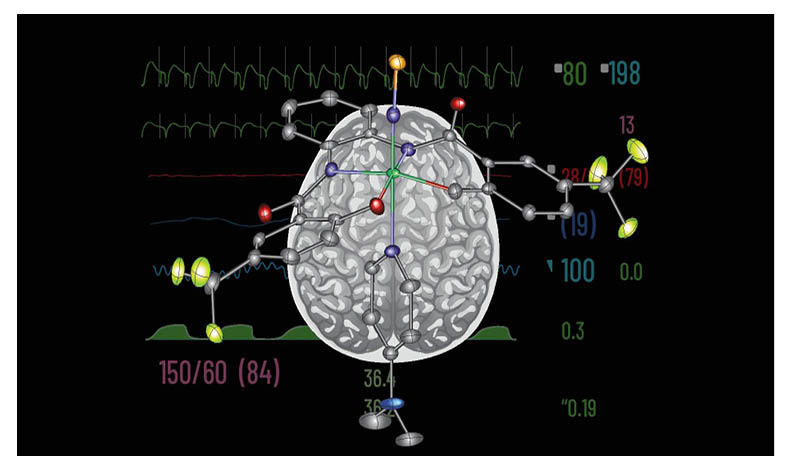Optimised Anaesthesia in Abdominal Cancer Surgery does Not Prevent Increase in Biomarkers of Neuroinflammation
DOI:
https://doi.org/10.17344/acsi.2024.8901Abstract
Neurocognitive decline during the perioperative period represents a risk of significant complications, including dementia
and death. The aim of our study was to observe the change in biomarkers of neuroinflammation in optimized anesthesia without clinical signs of perioperative neurocognitive decline. Observational study included high-risk surgical patients who underwent large intestinal resections. Balanced anaesthesia was used to maximize cerebral protection. The release of NSE, protein S-100, matrix metalloproteinase-9 (MMP-9) and other biomarkers of cerebral injury were measured in serum samples using immunochemical methods during and after surgery. Profiles of proteins MMP-9 and S-100 showed perioperative increase, which was in accordance with intraoperative cerebral injury. Despite the increase, the S-100 and NSE plasma levels remained within normal range. The study highlights the perioperative expression of proteins MMP-9 and S-100, which might be useful as biomarkers of cerebral injury in the context of balanced anesthesia during major abdominal surgery.

Downloads
Published
Issue
Section
License
Copyright (c) 2025 Matej Jenko, Aleš Jerin, Alenka Spindler Vesel

This work is licensed under a Creative Commons Attribution 4.0 International License.
Except where otherwise noted, articles in this journal are published under the Creative Commons Attribution 4.0 International License
